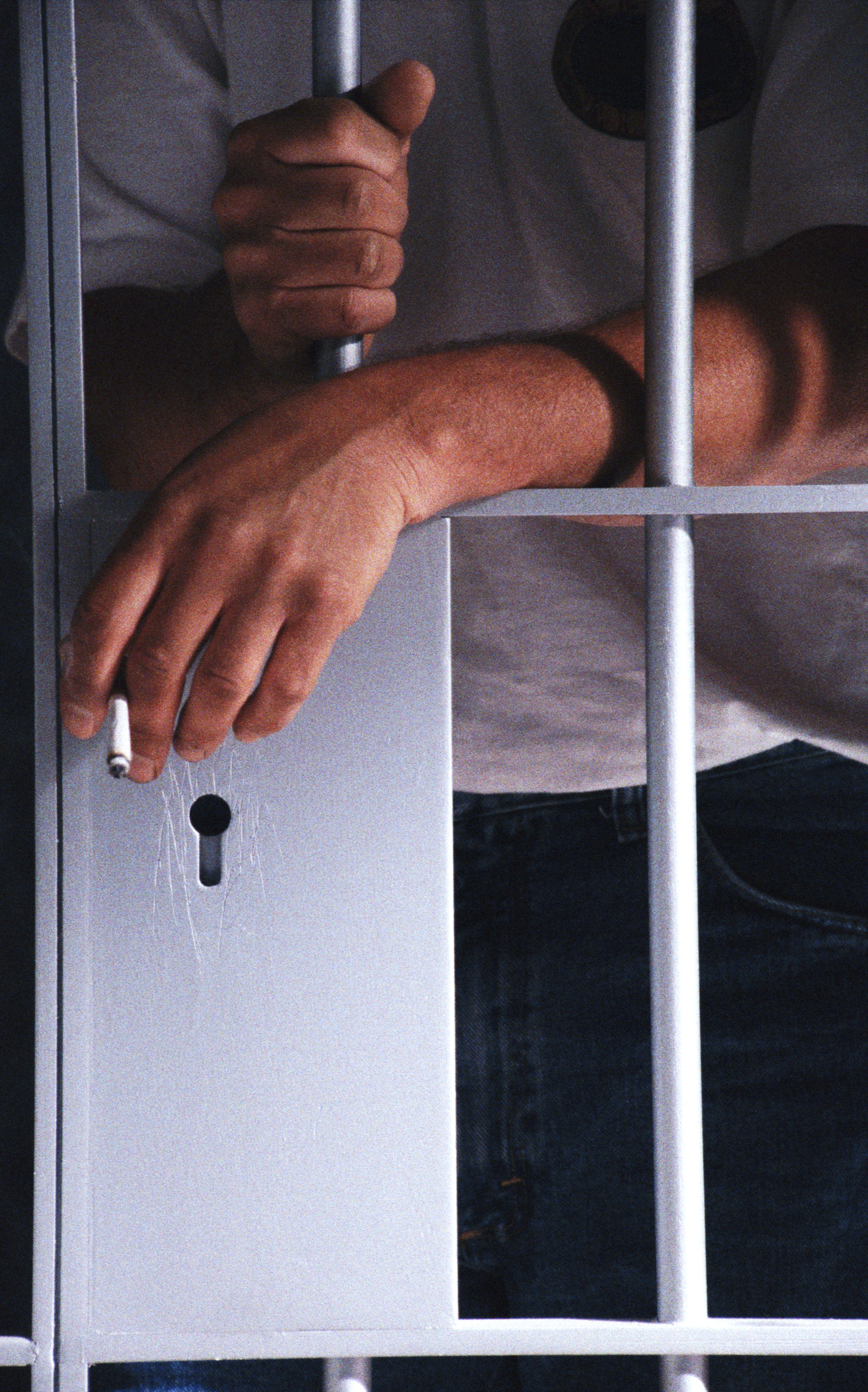
Aren’t Probation and Parole the Same Thing?
People often use the terms “probation” and “parole” interchangeably, when in fact they are not the same. In fact, there are a number of important differences between probation and parole, starting with how you end up on one or the other and ending with the consequences of violating both.
What Is Probation?
Probation is a type of sentencing alternative that may be part of your sentence if you are convicted of a criminal offense. A defendant can be sentenced directly by the sentencing judge to a term of probation in addition to, or in lieu of, a period of incarceration in the county jail. Notice the term “jail” instead of “prison.” That distinction is also important because as a general rule, only sentences of incarceration for up to one year can be served in the county jail. If you are sentenced to serve more than one year, you will serve that time in the state prison system.
If you are sentenced to serve a period of time on probation, you will be supervised by the sentencing court throughout your probationary time period. You will also be assigned to a probation officer to whom you will report. The probation officer then reports back to the sentencing court about your progress. The court sets the terms and conditions of your probation; however, your probation officer will be the one to notify the court if you have violated one of those terms because the sentencing court retains jurisdiction over you until you complete your probation.
If you violate your probation, the sentencing court will be notified and a hearing will be set. You have the right to an attorney for the hearing. Although less formal, a probation violation hearing is much like a trial. The State will present evidence of the violation and you have the right to present a defense. If the judge decides that you did, indeed, violate your probation, one of three things may occur:
- The judge may simply issue a warning and continue your probation unchanged.
- The judge may continue you on probation; however, with modified terms such as a new condition that you seek treatment for a substance abuse problem.
- The judge may revoke your probation and sentence you to serve any, or all, of your suspended sentence.
What Is Parole?
Parole, on the other hand, follows a period of incarceration in the state (or federal) prison system. If you served time in prison pursuant to a criminal conviction you may then have been released on parole. Although the original sentencing judge decides your sentence, in the State of Tennessee the Board of Parole, or BOP, decides whether or not you are released from incarceration onto parole after you have served the minimum amount of time required by law in prison. Parole allows you to serve the remaining portion of your sentence in the community instead of behind bars. While on parole you are supervised by the Department of Corrections and you will be assigned to a parole officer. All parolees are required to abide by standard conditions of parole. In addition, you may have special conditions that apply to your parole. The BOP retains the authority to violate your parole if it believes reason exists to do so. If you are violated, you are entitled to a hearing in front of the Board. If the violation is found to be true, you will be returned to prison to serve the remainder of your sentence.
Contact a Tennessee Criminal Defense Lawyer
If you have been charged with a crime, or a probation or parole violation in the State of Tennessee, it is in your best interest to consult with an experienced criminal defense lawyer as soon as possible to ensure that your rights are protected. Contact the team today by calling 615-898-1560 to schedule your appointment.
- When Are Miranda Warnings Required? - April 16, 2024
- 5 Benefits of Mediation in a Tennessee Divorce - April 9, 2024
- Understanding White-Collar Crimes in Tennessee - April 5, 2024







